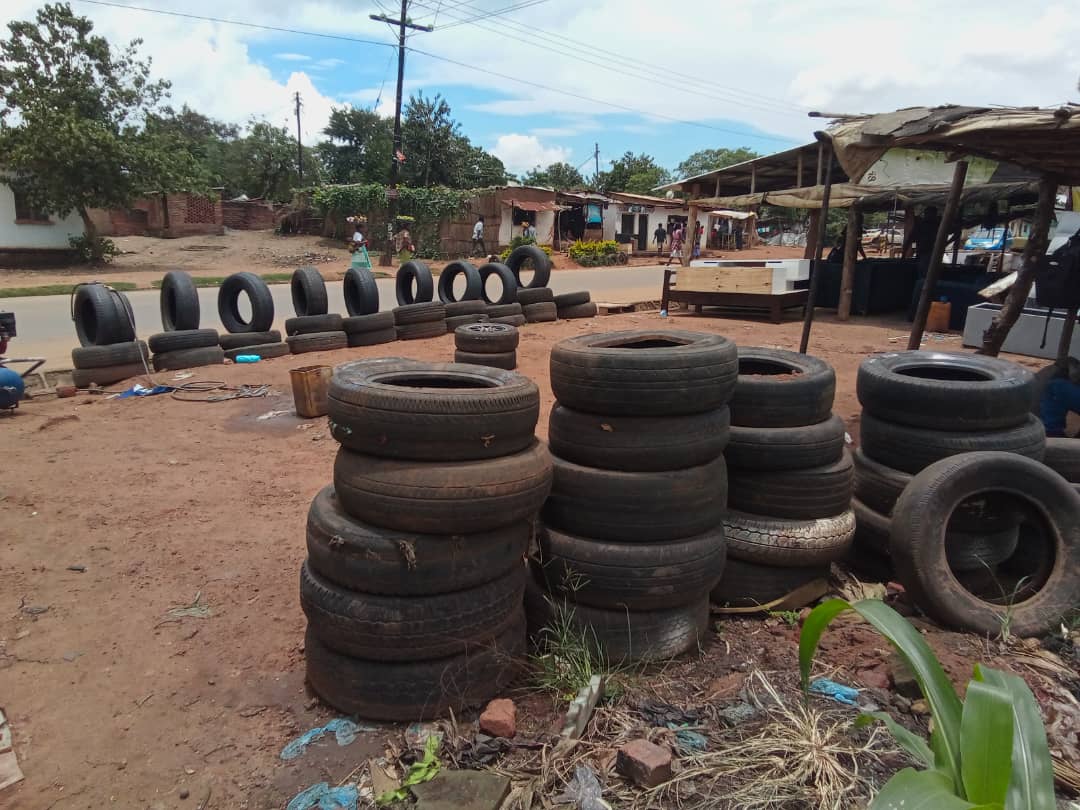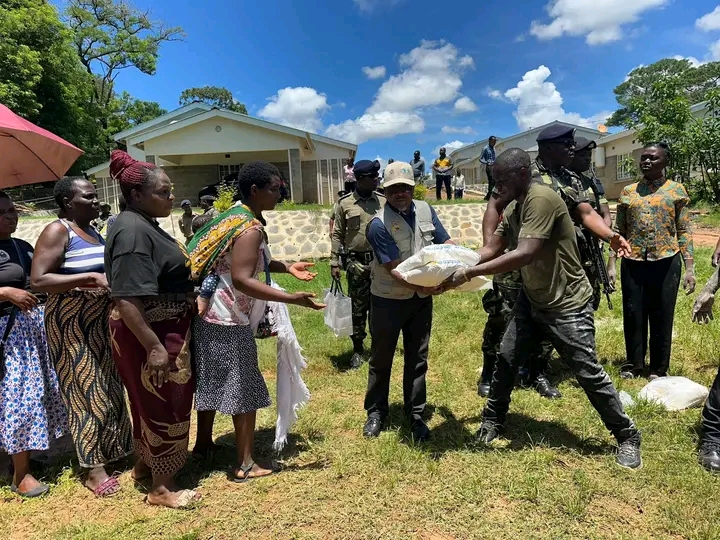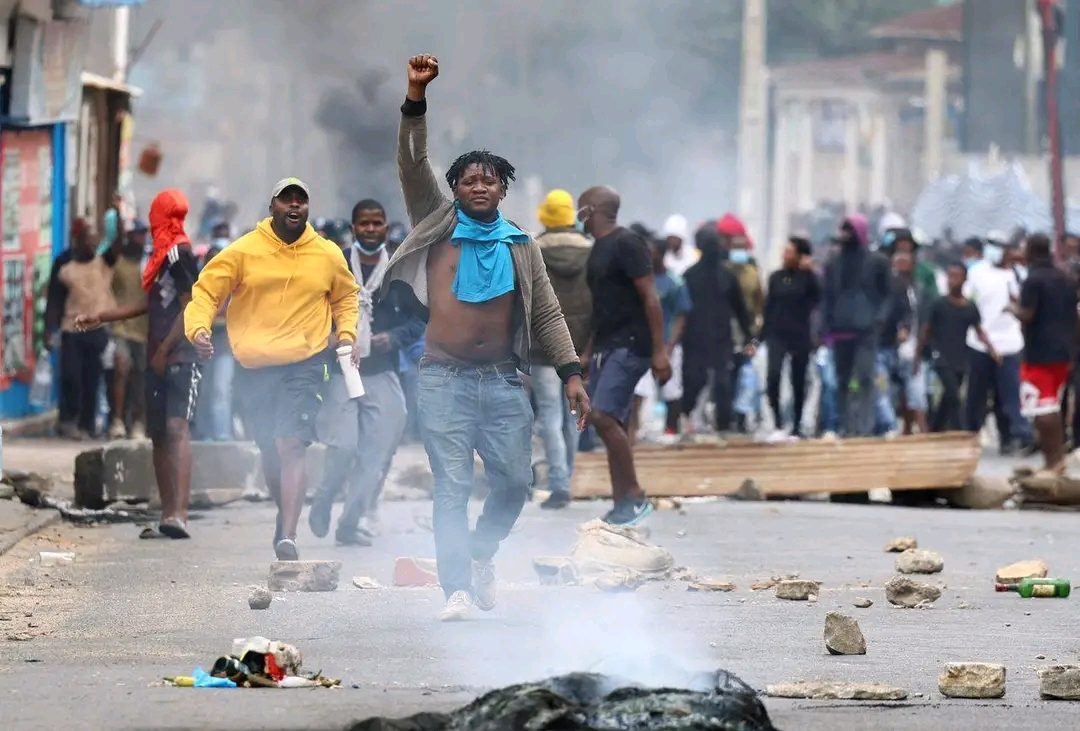By Burnett Munthali
It was a typical afternoon in Kawale, but beneath the routine hum of daily life, there was an air of quiet desperation. The economy, once a source of cautious optimism, had turned into a relentless force pushing people deeper into hardship. Businesses were closing, food prices were skyrocketing, and frustration was mounting.
I watched as a young tyre fitter, his hands stained with grease, took a brief break from his work. With Lucky Dube’s music playing softly in the background, he excused himself to buy food for lunch. What should have been a simple errand turned into an eye-opening experience.
Minutes later, he returned, looking visibly disturbed. His voice carried the weight of frustration and hopelessness. “Uncle, let’s just go to South Africa,” he said with a defeated sigh. “Here in Malawi, we will simply perish. There is no hope!”
He was not exaggerating. His reaction was a reflection of what many Malawians felt daily. The prices of even the most basic commodities had doubled or tripled within a short period. He held up a small heap of usipa fish, shaking his head. “This used to be MWK 500, now it’s MWK 1,000! Just four small tomatoes are MWK 1,000. One onion is MWK 200—double what it used to be!”
The market, once a vibrant center of economic activity, now stood eerily quiet. Chadza Market in Kawale 2 was almost deserted. Only two vendors were selling tomatoes, and the usually packed shops and benches were empty, their doors firmly shut. It was a stark contrast to the past when the market was alive with the shouts of traders and the bargaining voices of customers.
Kawale 1 Market, which had once thrived with second-hand clothes vendors, had also suffered the same fate. The young man pointed towards the section where traders once competed for customers. “Look at this place,” he said. “It used to be full of people selling clothes, but today, you can barely find more than four sellers. The economic situation is killing small businesses.”
The frustration was not limited to the markets. As we walked along Thomas Road, we encountered a scene that further illustrated the growing tension in the city. A car had been carelessly parked at a corner, blocking the smooth flow of traffic. Angry drivers, struggling to maneuver through the reduced space, shouted and gestured in irritation.
“Even if it belongs to a Member of Parliament, he has no right to park like this!” one young man shouted. “He is obstructing the road!”
What could have been dismissed as a simple parking mistake had escalated into a public outrage. It was as if the economic frustrations had turned minor inconveniences into full-blown sources of anger. People were fed up—not just with careless parking, but with the overall state of affairs in the country.
As I continued my walk back home, my mind was clouded with deep thoughts. The economy was crumbling, and the evidence was everywhere. People were no longer making ends meet. Business owners were either shutting down or struggling to survive. Consumers could not afford basic food items, and government relief maize was the only hope for many families.
The free maize distribution at Bingu National Stadium, while a temporary relief, was a reminder of a deeper crisis. It showed how much Malawians had come to depend on government handouts for survival. Yet, even that was unsustainable. How long could this go on?
As the sun dipped below the horizon, casting an orange glow over the city, I felt a sense of urgency. The country was on a dangerous path, and the voices of struggling Malawians could no longer be ignored. Change was not just necessary—it was critical. But the question remained: Who would step up and steer the nation toward a better future?




